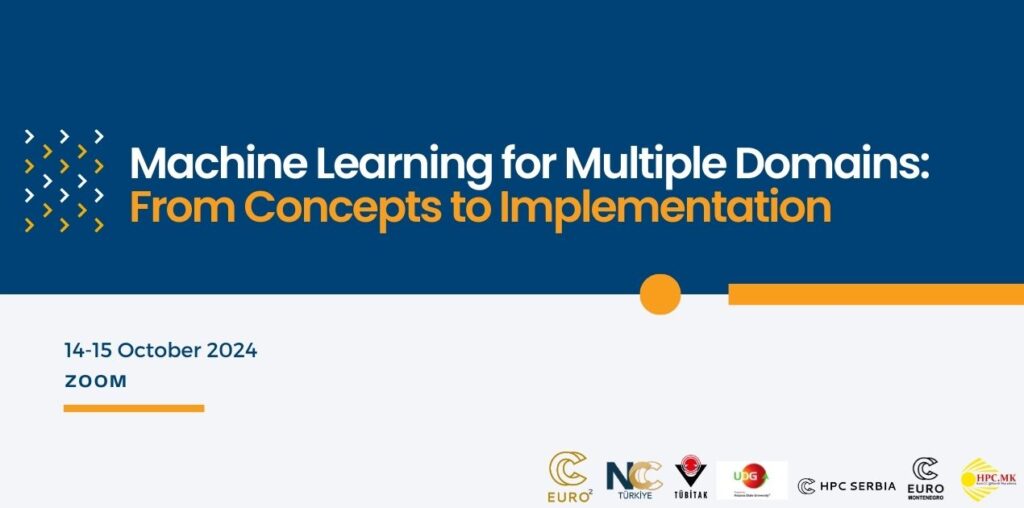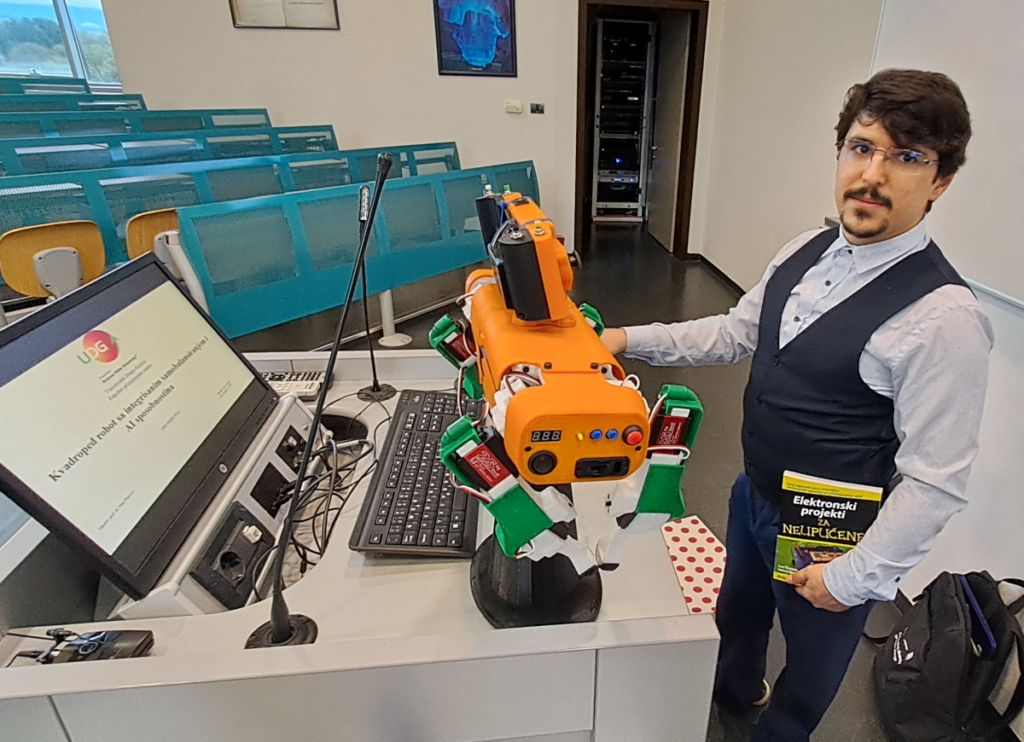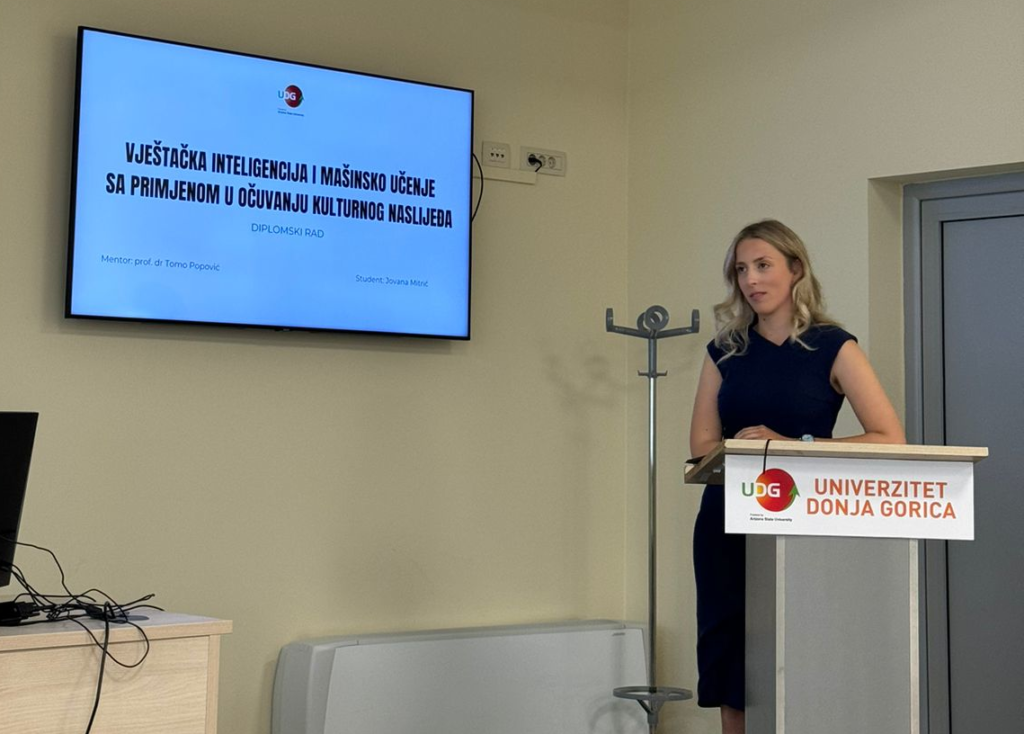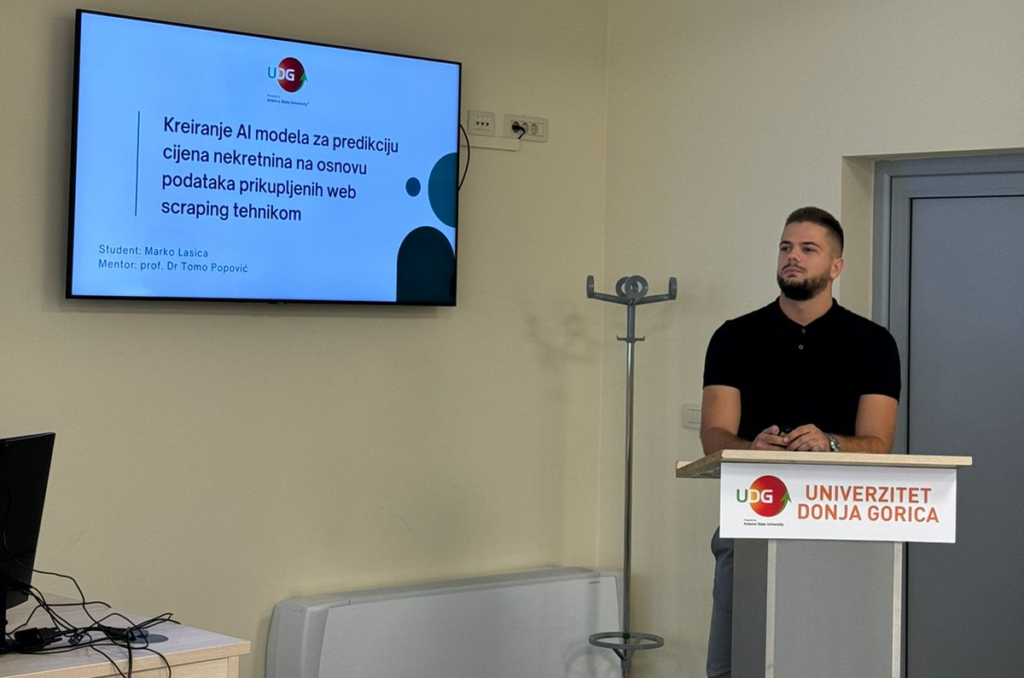The global shift towards large-scale electrification brings significant opportunities, yet also introduces complex risks that require our immediate attention. Join us for an insightful lecture by Prof. Mladen Kezunovic, a leader in power engineering and data analytics, as he delves into the challenges and risks posed by the evolution of the electric grid.
Prof. Kezunovic will outline the motivation behind large-scale electrification, addressing the unique vulnerabilities emerging from critical infrastructure interdependencies. This talk will highlight risks such as environmental impacts, aging infrastructure, the rise of distributed energy resources, digitalization challenges, and behavioral factors. Prof. Kezunovic will discuss innovative machine learning and artificial intelligence solutions for predicting and mitigating these risks, offering a glimpse into the future of resilient grid design.
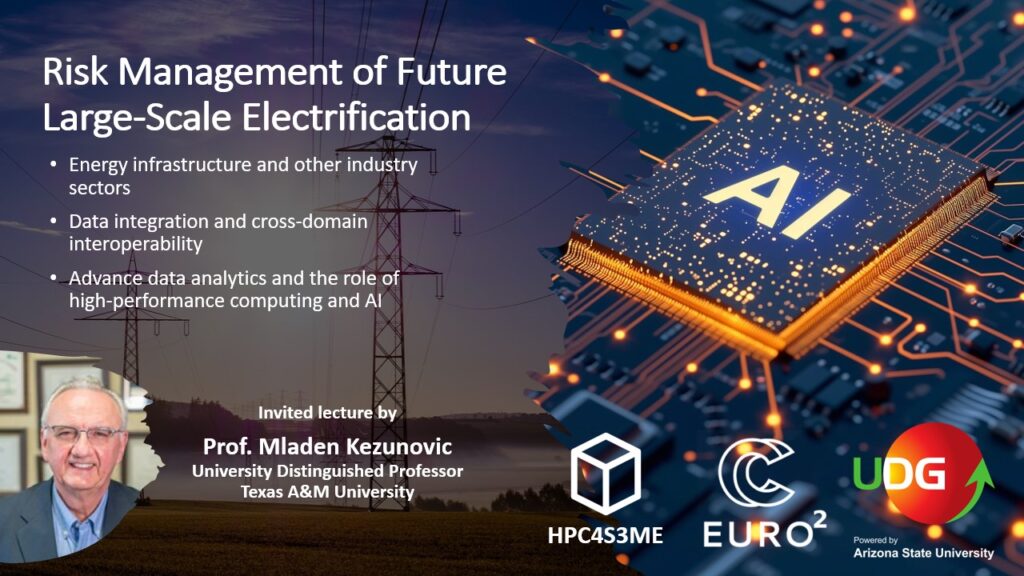
Attendees will gain insight into an essential case study on the State-of-Risk-Prediction for grid outages, shedding light on the shift toward a risk-informed control and protection paradigm. The discussion will touch on a holistic approach encompassing IT management, big data, interoperability, and high-performance computing, emphasizing the necessity of these tools for advancing data analytics and AI-powered solutions in electrification. This lecture is organized with the support of EUROCC NCC Montenegro and HPC4S3ME.
About the Speaker: Dr. Mladen Kezunovic is a University Distinguished Professor at Texas A&M with over 35 years of expertise in power engineering. Renowned globally, Dr. Kezunovic has authored over 600 papers and consulted for 50+ companies worldwide. His extensive research and industry contributions, notably in fault modeling, data analytics, and smart grids, have earned him IEEE Life Fellow status and recognition from the US National Academy of Engineering. Don’t miss this chance to learn from one of the foremost experts in the field!
- Date & Time: 25.10.2024. 11:45h
- Location: University of Donja Gorica
- Register Now: https://forms.gle/LJTko6ifm1gycU927


